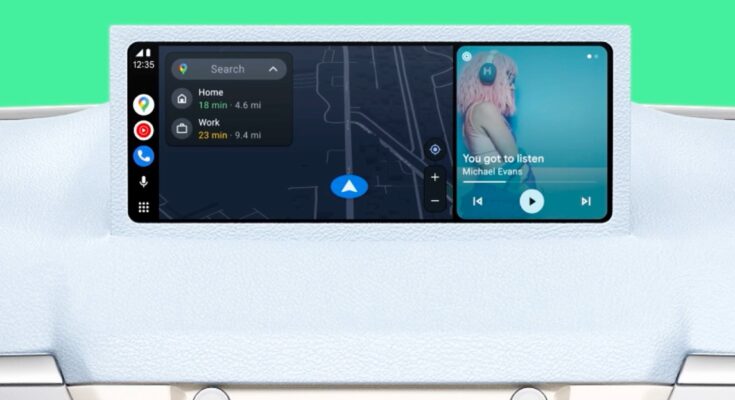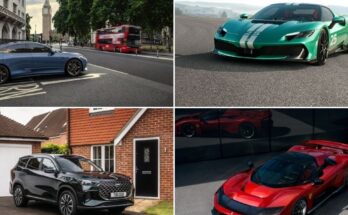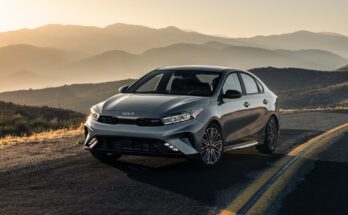Samsung is apparently working hard on an alternative to Android Auto, as @GalaxyTechie has just discovered initial information about Auto DeX in the One UI code. As the screenshot embedded below shows, Samsung appears to have created an user interface typical of infotainment systems, with a dock on the left side, which allows frequently used apps to be quickly accessed and up to three apps to be displayed simultaneously.
In the screenshot, the middle blank window is presumably a map, with a music playlist shortcut on the right side above a music control widget. The taskbar at the bottom of the screen is essentially useless due to the vertical taskbar- which shows the time, a list of apps, and an app drawer shortcut – on the left side and so may be omitted in the final version. Samsung Auto DeX is expected to support more than 8,500 vehicle models from more than 120 manufacturers, although it is unclear just how deeply the system will be integrated. To enable broad compatibility, Samsung is using a receiver app that can be installed in the respective vehicle to establish the connection to Auto DeX.
Auto DeX can also supposedly be used in unsupported vehicles with “a few tricks”. 9to5Google speculates that Auto DeX could be displayed on the smartphone’s display, allowing it, with a suitable mount, to replace a car’s infotainment system – a feature Android Auto lost years ago. Auto DeX isn’t intended to replace Android Auto, but rather to offer users an alternative that will be available in more regions and vehicles than Google’s software.
Since 2009 I have written for different publications with a focus on consumer electronics. I joined the Notebookcheck news team in 2018 and have combined my many years of experience with laptops and smartphones with my lifelong passion for technology to create informative content for our readers about new developments in this sphere. In addition, my design background as an art director at an ad agency has allowed me to have deeper insights into the peculiarities of this industry.
Growing up in regional Australia, I first became acquainted with computers in my early teens after a broken leg from a football (soccer) match temporarily condemned me to a predominately indoor lifestyle. Soon afterwards I was building my own systems. Now I live in Germany, having moved here in 2014, where I study philosophy and anthropology. I am particularly fascinated by how computer technology has fundamentally and dramatically reshaped human culture, and how it continues to do so.







